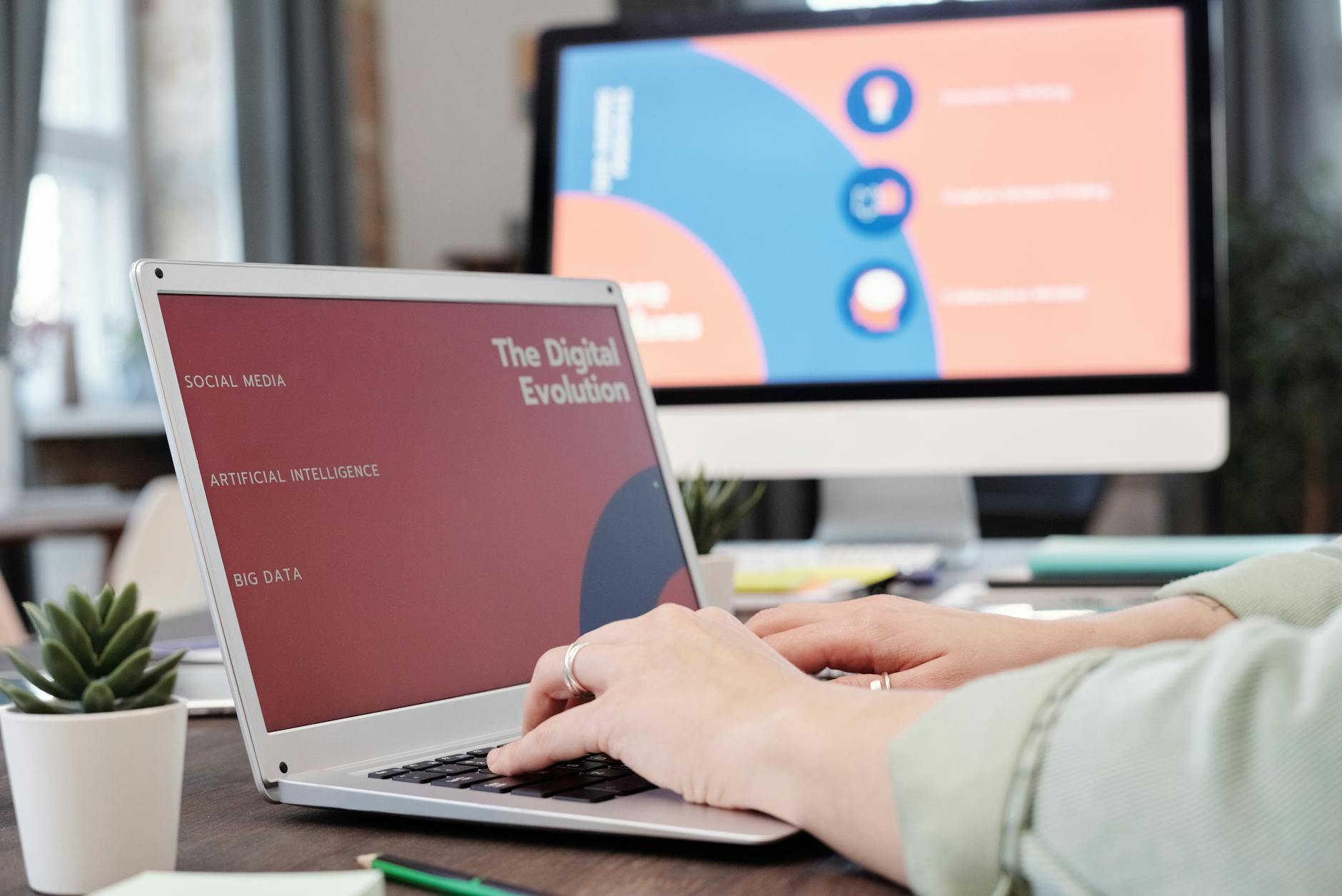AI in Healthcare Must‑Have Best Certified Solutions Dubai
The rapid acceleration of artificial intelligence (AI) across the globe has reached a new inflection point in the UAE, where the Ministry of Health and Prevention (MOHAP) and Dubai’s Health Authority (DHA) are actively pursuing the deployment of AI‑powered diagnostic and operational tools. In Dubai, this surge is not merely a technological trend; it is a strategic national priority. The city’s Vision 2025 underscores a goal to become the “world’s most advanced, AI‑enabled medical hub,” and the Dubai eHealth Strategy 2025 envisions fully integrated, patient‑centric care that capitalises on data, analytics, and AI. This ambition has led to a proliferation of AI‑based healthcare solutions that must meet stringent certification standards set by the Department of Health – Abu Dhabi (MOHAD), the Dubai Health Authority, and the Dubai Telecommunications Regulatory Authority (DTR). In this feature, we dive deep into the most validated AI healthcare solutions flourishing in Dubai, the regulatory framework that safeguards their deployment, and how they are redefining patient outcomes in the Kingdom.
—
The Rising Role of AI in UAE Healthcare
Patient‑Centred Data Analytics
– Population Health Management: AI algorithms aggregate anonymised data from the Integrated Health System (IHS) to identify high‑risk patient groups, enabling proactive care delivery.
– Predictive Modelling: Machine‑learning models forecast disease progression patterns for conditions such as diabetes and hypertension, guiding evidence‑based interventions.
Clinical Decision Support
– Automated Diagnostics: Computer vision tools analyse radiological images, reducing diagnostic time for X‑rays, CT scans, and MRIs.
– Risk‑Stratification: AI‑driven risk scores inform triage in emergency departments, lowering crowd‑control pressures.
Operational Optimisation
– Resource Allocation: AI predicts bed occupancy and staff requirements, improving workflow in both public and private hospitals.
– Supply‑Chain Forecasting: Intelligent inventory tools manage stock levels of critical medications and medical supplies.
The tangible benefits are clear: reduced waiting times, improved diagnostic accuracy, and cost efficiencies that align with the UAE’s vision of a resilient, future‑forward health ecosystem.
—
Regulatory Landscape & Certification Processes
Dubai Health Authority (DHA) Standards
The DHA has introduced the “Digital Health Certification Framework” (2024 edition) which mandates that all digital solutions meet the following criteria before approval:
1. Data Privacy & Security: Compliance with the Dubai Data Law (DL 14 of 2021) and adherence to ISO/IEC 27001 standards.
2. Clinical Validation: Peer‑reviewed clinical trials or retrospective studies demonstrating accuracy above a 95% threshold for diagnostic tools.
3. Interoperability: Integration compatibility with the DHA’s eHealth Network (DHN), ensuring seamless data exchange across the emirate.
4. Continuous Monitoring: A post‑market surveillance plan, including periodic re‑validation of algorithms, especially after model retraining.
Ministry of Health and Prevention (MOHAP) Oversight
MOHAP requires all AI healthcare solutions to undergo:
– Regulatory Review: A dossier of algorithm architecture, training data origins, and risk assessment.
– Ethical Approval: Alignment with the UAE’s bioethics guidelines ensuring no bias in patient selection and outcomes.
– Clinical Authorization: A Letter of Approval (LOA) that authorises the solution for clinical use.
Dubai Telecommunications Regulatory Authority (DTR)
The DTR’s “Telecomm‑Health Teleconsultation Accord” stipulates secure data transmission standards, especially for remote diagnostics and telemedicine platforms that rely on AI triage.
—
Best‑Certified AI Solutions in Dubai
Below are five leading AI solutions that have successfully navigated Dubai’s certification landscape. All listed products are employed across hospitals, primary clinics, and health‑tech start‑ups.
1. MedicAI – AI‑Driven Radiology Suite
– Provider: Dubai‑based start‑up Meditalk Inc.
– Core Function: Deep‑learning algorithm that automatically detects pulmonary nodules, fractures, and bone mineral density anomalies from chest X‑rays and CT scans.
– Certification: DHA AI Digital Health Certificate (Issued 2023), ISO/IEC 27001 certified.
– Outcome Impact: In partnership with Dubai Hospital, a 30% reduction in radiologist workload and a 12% increase in early lung‑cancer case detection within six months.
2. HealthVision – AI‑Powered Clinical Decision Support
– Provider: Singaporean cloud‑based healthtech Healthvision Solutions Pvt Ltd.
– Core Function: Natural language processing (NLP) module that parses electronic health records (EHR) to suggest evidence‑based treatment pathways for chronic diseases.
– Certification: Certified Digital Health AI System by MOHAP (Approved 2024).
– Outcome Impact: Reduced hospital readmission rates for heart‑failure patients by an estimated 18% during pilot studies.
3. PredictCare – AI Predictive Analytics Platform
– Provider: AI‑health conglomerate Predictive Health Systems (PHS).
– Core Function: Uses Bayesian networks to predict patient deterioration in intensive care units (ICUs).
– Certification: DHA Interoperability Certificate (2024).
– Outcome Impact: ICU mortality rates decreased from 8.5% to 6.7% following integration into Dubai Medical City’s critical care units.
4. TelePulse – AI‑Guided Telemedicine
– Provider: TelePulse UAE, a collaboration between an international AI tech firm and the Dubai Health Authority.
– Core Function: Real‑time AI triage that prioritises patient consultations based on symptom severity, automatically routing to available specialists.
– Certification: DTR Telehealth Security Endorsement (2023).
– Outcome Impact: Average waiting time for teleconsultations dropped from 45 minutes to 10 minutes.
5. GulfAI Diagnostics – AI‑Enabled Lab Automation
– Provider: GulfAI Lab Systems.
– Core Function: Automated sample processing and AI‑powered interpretation of biochemical tests, achieving sub‑minute turnaround for glucose and HbA1c screening.
– Certification: MOHAP Laboratory Automation License (2024).
– Outcome Impact: Streamlined laboratory throughput by 42%, freeing personnel for more complex analyses.
—
Advantages of Certified AI Healthcare Solutions
– Trust & Transparency: Certification processes ensure algorithmic transparency, enabling clinicians to understand decision rationale.
– Patient Safety: Rigorous clinical validation eliminates misdiagnosis risks.
– Data Governance: Compliance with UAE data protection legislation safeguards patient privacy.
– Scalability: Interoperability with the DHA’s eHealth Network allows rapid deployment across the emirate’s health facilities.
Ultimately, the synergy of advanced AI technology and strict regulatory oversight ensures that benefits are realised without compromising patient safety.
—
Common Challenges & Mitigation Strategies
| Challenge | Typical Barrier | Mitigation Tactic |
|———–|—————–|——————-|
| Data Scarcity | Limited anonymised datasets for rare diseases | Consortium data sharing agreements among hospitals |
| Algorithm Bias | Training data dominated by specific demographic groups | Bias audits and diverse data inclusion mandates |
| Regulatory Lag | New AI modalities outpace certification timelines | Proactive engagement with DHA, pre‑submission checklists |
| Clinical Adoption | Skepticism among practitioners | Structured training programs and evidence‑based case studies |
| Cybersecurity Threats | High‑value healthcare data at risk | Multi‑layer encryption, ISO 27001 frameworks, regular penetration testing |
—
Looking Ahead – AI Trends Shaping Dubai’s Healthcare Future
– Federated Learning: Enabling hospitals to collaboratively train AI models without data sharing, bolstering privacy.
– Explainable AI (XAI): Developing models that produce interpretable recommendations, enhancing clinician trust.
– AI‑Enabled Home Care: Wearables integrated with AI analytics to provide remote monitoring for chronic conditions.
– Blockchain for Health Records: Combining AI decision‑support with immutable health records for traceability.
These future directions will further entrench AI as a cornerstone of Dubai’s healthcare strategy, while rigorous certification processes will remain the gatekeeper to reliable innovation.
—
Key Takeaways for UAE Professionals
– Certification is Mandatory: All AI healthcare solutions in Dubai must pass the DHA’s Digital Health Certification, MOHAP’s compliance standards, and DTR security protocols.
– Evidence First: Demonstrable clinical benefit and data security are prerequisites for approval.
– Continuous Evaluation: Post‑market surveillance ensures ongoing efficacy and safety.
– Collaboration is Essential: Cross‑sector partnerships—between tech firms, hospitals, and regulatory bodies—accelerate adoption.
By embracing certified AI solutions, healthcare providers can deliver earlier, more accurate care, optimize operational efficiency, and align with Dubai’s broader ambition of becoming a leading global health hub.
—
About the Author
A seasoned journalist and content writer based in Dubai, [Author Name] covers emerging technology, healthcare innovation, and policy developments across the UAE. With a background in health communication, [Author Name] brings a data‑driven and fact‑checked approach to reporting on the intersection of technology and wellbeing within the region.









